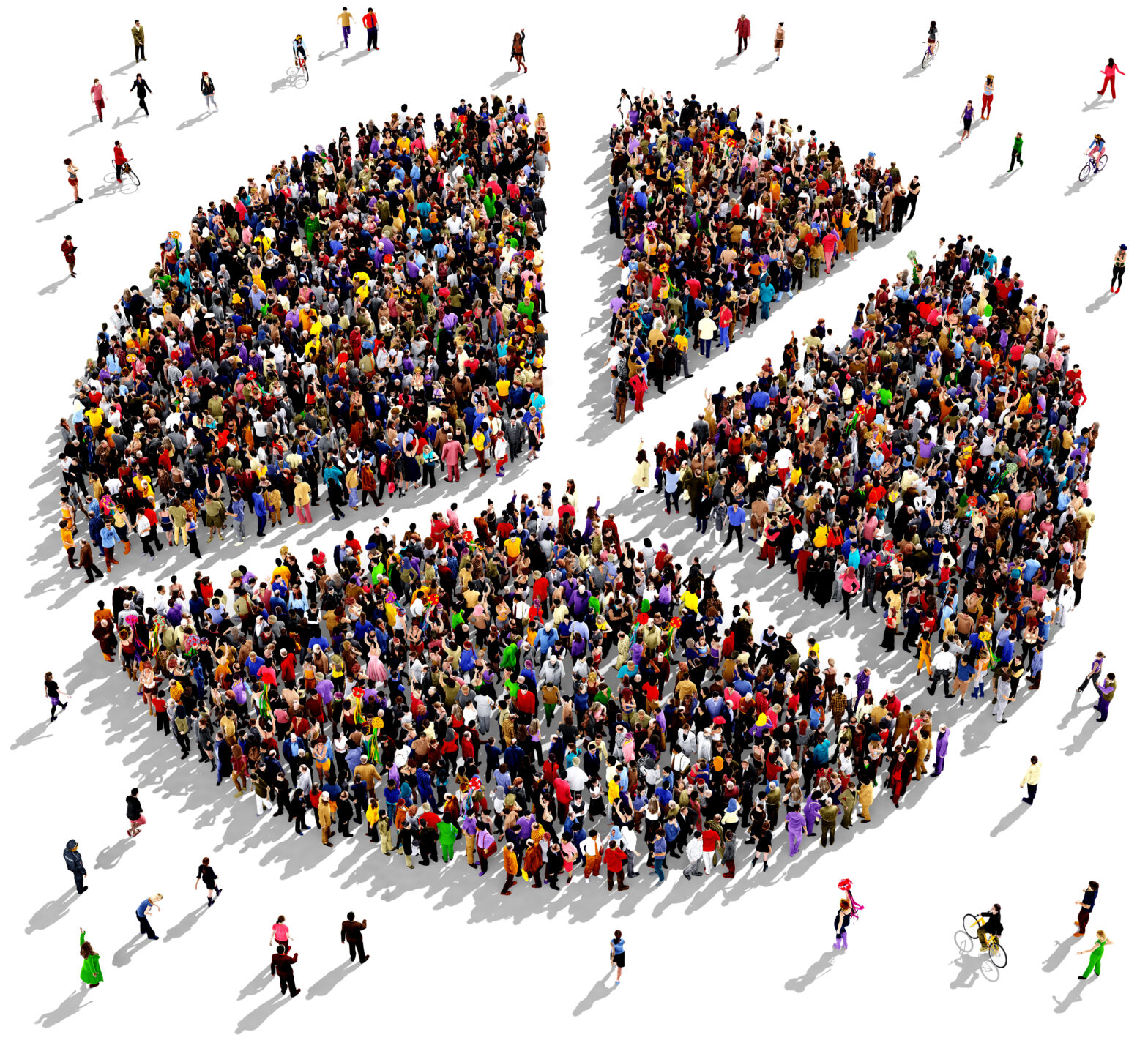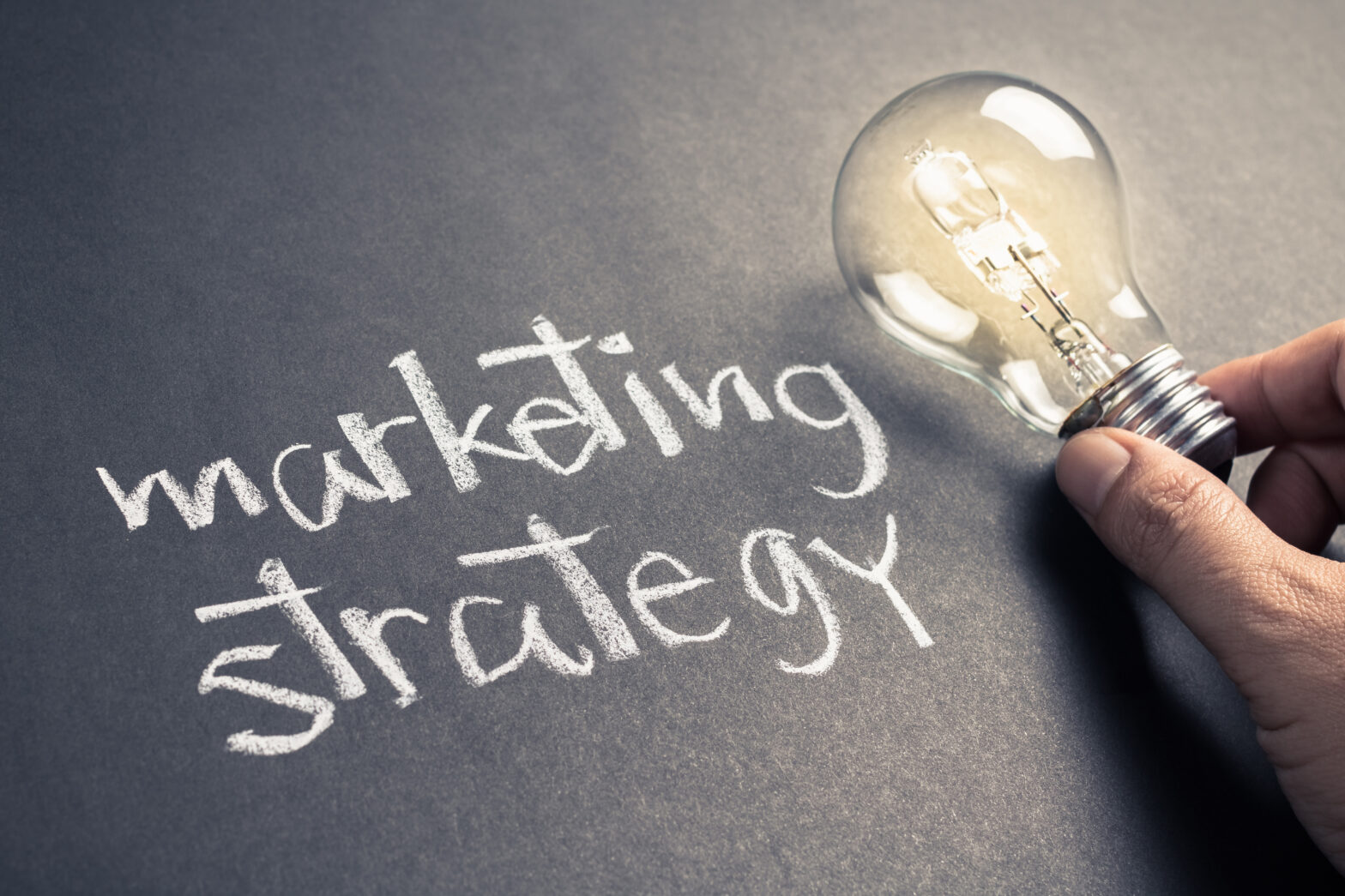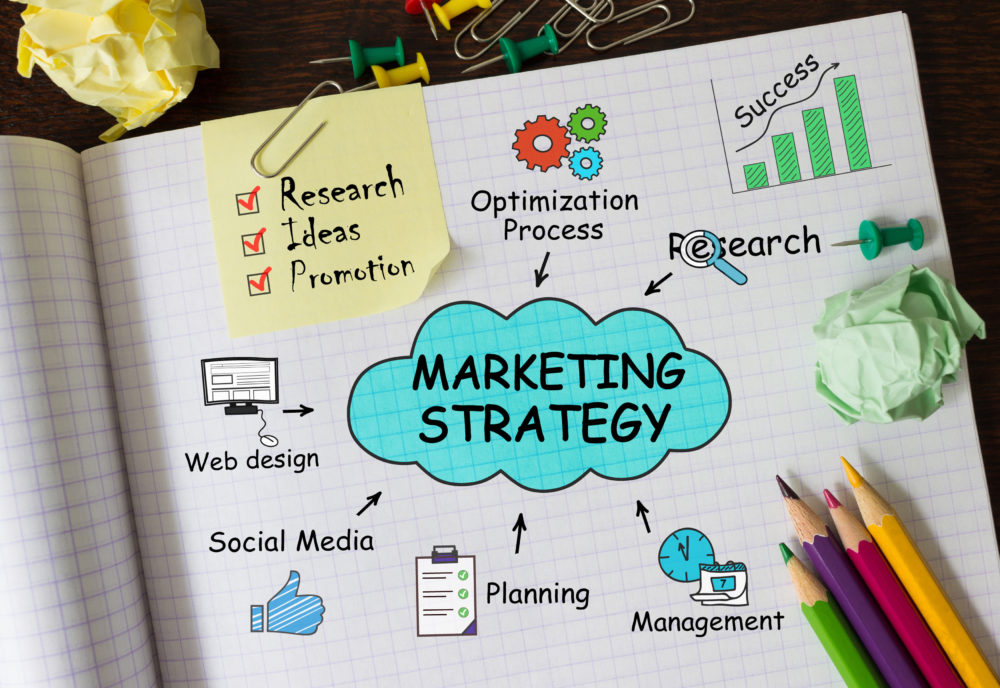Far from being an old-fashioned mode of reaching customers, radio is making waves in the digital age, so it’s well worth considering as part of your marketing strategy.
These days, ad-weary consumers are adept at avoiding advertising: changing channels during the commercial breaks, flicking past the ad pages in newspapers and impatiently closing pop-ups on web pages. However, research into radio shows that listeners ‘zone in and out’ while doing other things, like driving or housework, therefore being more receptive to any radio advert that can attract their attention for just a few seconds.
According to the Radio Advertising Bureau (RAB), radio has the highest rate of inattentiveness (not paying close attention to the broadcast) at 64 per cent, compared with 48 per cent for both newspapers and television. This is not the problem it may seem though, as the subliminal effect of radio can be significant. For example, a listener may not consciously hear an advert for conservatories, but may later decide to look around to buy a new one. It’s only then that a certain brand sounds familiar, its catchy jingle buzzing in the conservatory-seeker’s subconscious.
Sound of success
‘Fast turnaround times, cost-effectiveness and regional targeting are the main advantages of radio over other media,’ claims Michael O’Brien from the RAB. ‘There’s also a range of different branding opportunities, from simply saying the brand name to developing an associated music or sound, such as the “Intel inside” motif.’
A major advantage of radio that’s emerged in recent years is its positive affiliation with the internet. A survey by the RAB and the Internet Advertising Bureau showed that 20 per cent of web users are listening to the radio while online, 57 per cent of whom have searched for something after hearing about it on the radio. Furthermore, 39 per cent of those surveyed had subsequently looked online after hearing a radio advert.
‘Radio reinforces our message as part of a multi-channel strategy,’ enthuses Chris Sherlock, marketing director at internet travel group ebookers. ‘We can target a campaign on a specific region and back it up with, for example, door drops, which we find boosts the response rate.
‘And it goes beyond just adverts,’ he continues. ‘Radio is becoming more interactive and we have exploited this by running competitions on radio programmes, with listeners phoning in to win holidays. The presenter mentions our name frequently and the competition generates significant listener interest. Along with this, we ran a call-in session where listeners could get holiday and travel advice from one of our experts, which proved popular and gave us great exposure.’
Turnaround time is also an attractive quality for Sherlock. ‘The recent campaign took four weeks to put together and cost around £30,000, which is much quicker and cheaper than most TV. If you’re just looking to do a straightforward advertising campaign, it can be on air in a matter of days, if not sooner.’
The effect of digital radio (including DAB, radio via digital TV and internet radio) on advertising is as yet unknown, but O’Brien of the RAB believes it offers added interactivity and has caused renewed interest in the medium.





